Yingde Black Tea - Ying Hong #9
Yingde Black Tea - Ying Hong #9
Couldn't load pickup availability
This fascinating black tea is made from the Ying Hong #9 cultivar with a honey-floral aroma and hints of maple syrup sweetness. The texture is creamy and velvety without any astringency. The aftertaste is enduring and malty sweet.
From all the Yingde black teas we've tasted, this Ying Hong stood out with its refined taste and excellent endurance: you can easily get 15 steeps of tea with the traditional brewing method. All in all, this is by far our favourite niche black tea from Guangdong province. We highly recommend it to tea enthusiasts who also enjoy black teas from Yunnan and Fujian.
Yingde County
As China's majority of artisan teas are produced in Yunnan, Zhejiang, Fujian and Anhui, it's the Guangdong province which boasts the largest population of affluent tea aficionados. The province lacks a lengthy tea cultivating history, but the humid, subtropical climate and plentiful rainfall make the area ideal for cultivating tea. Thus, it's only natural for locals to produce their own unique teas and cater to local taste.
In the 21st century, Yingde county has emerged as the most reputable region for producing Guangdong's best black tea. Small-scale black tea farms have sprouted up in the area with a bright future ahead of them. The farm owners are encouraged by success of fellow farmers in Guangdong's phoenix mountains, who have successfully produced oolong teas that rival those from the renowned Wuyi mountains of Fujian.
Ying Hong Jiu Hao Cultivar
Ying Hong #9 is an carefully cultivated tea plant variety, developed in 1961 from a Yunnan big-leaf cultivar. Certified as a provincial-level variety in 1986, it has been lauded for its early sprouting, long growth period, and high suitability for black tea production. Its plants are tall with a semi-open appearance, dense branching, and large, oval-shaped leaves. The leaves characterised by a light green color, gloss, slight inward folding, and wavy edges. The petals are yellow-green, fuzzy, and every sprout contains three leaves.
Origin
Origin
- Brand: Teasenz
- Year: 2025
- Season: Spring
- Origin: Yingde county
- Varietal (cultivar): Yingde #9
- Type: black tea
How to Steep
How to Steep
How to brew Yingde black tea?
There are two methods to makes this Chinese black tea:
Gongfu brewing
Brew 5 gram with 100 ml of water at 80 °C. Steep for 5 seconds for the first 6 steeps. Afterwards, gradually increase the steeping time.
Western brewing
Steep 5 gram with 500 ml of water at 80 °C. Apply a brewing time of 40 seconds and add 20 seconds for each next preparation.
Shipping, Returns & Payment Methods
Shipping, Returns & Payment Methods
Delivery time: 1-10 day EU delivery. For estimates per country, please visit the shipping info page at the bottom of our website.
Import taxes?: because we ship from our EU warehouse, you will NOT be charged import taxes upon delivery if you're based in the EU. All taxes are already included in our prices.
Free shipping: available for orders over €59 for The Netherlands/Belgium, €80 for other EU countries (excluding Portugal & Hungary) & UK, and over €100 for other countries.
Returns: orders can be returned for a refund within 30 days. Products should returned in unopened, unused condition.
Share




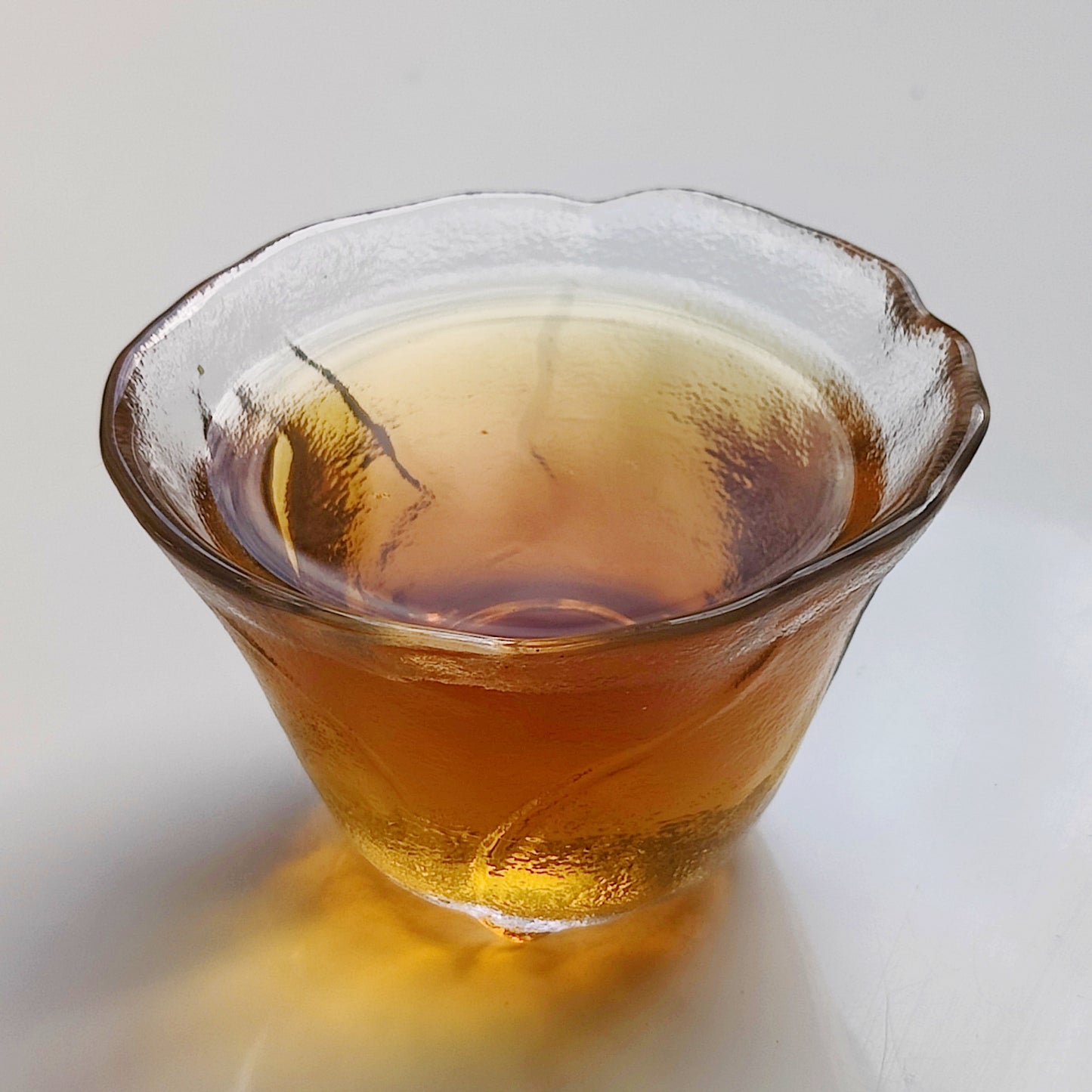
How this black tea is made
-
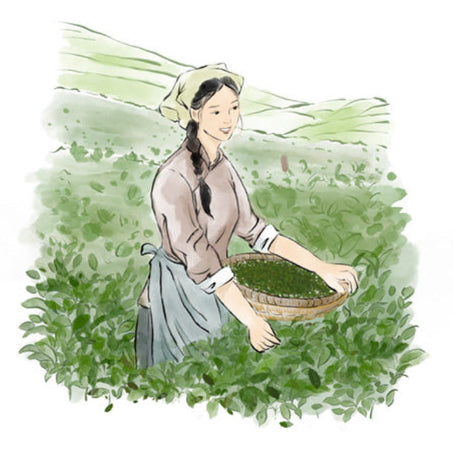
Picking
Tea leaves are hand-picked in the morning.
-
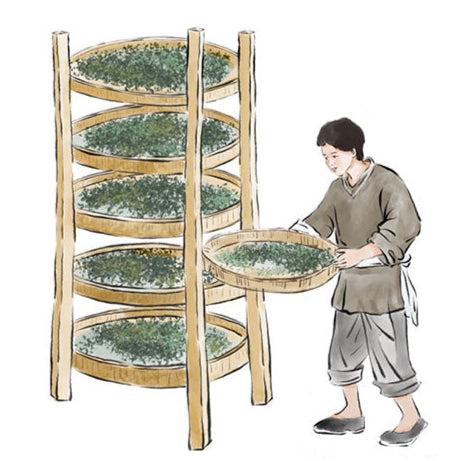
Withering
The leaves are spread on bamboo trays to wither.
-
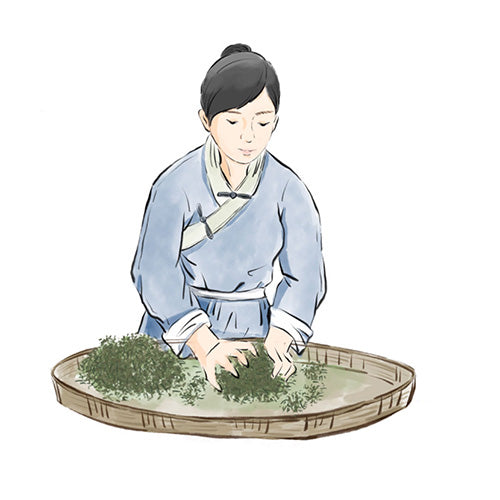
Rolling
Leaves are rolled, breaking down the surface cells and promoting oxidation.
-
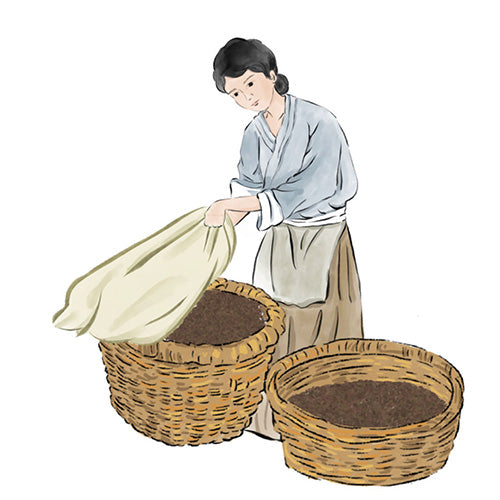
Oxidation
Rolled leaves are oxidized in bamboo baskets covered with a cloth.
-
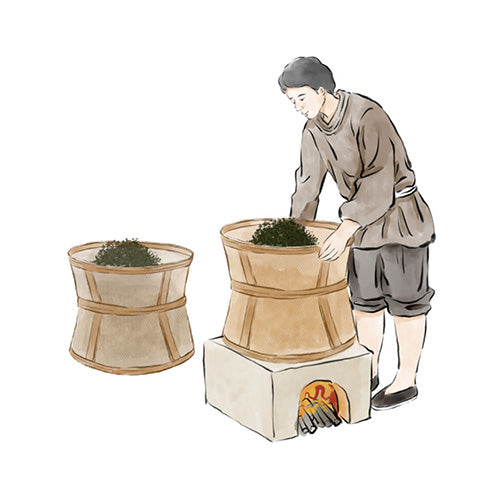
Drying
The oxidized leaves are dried to reduce moisture to a minimum.
-
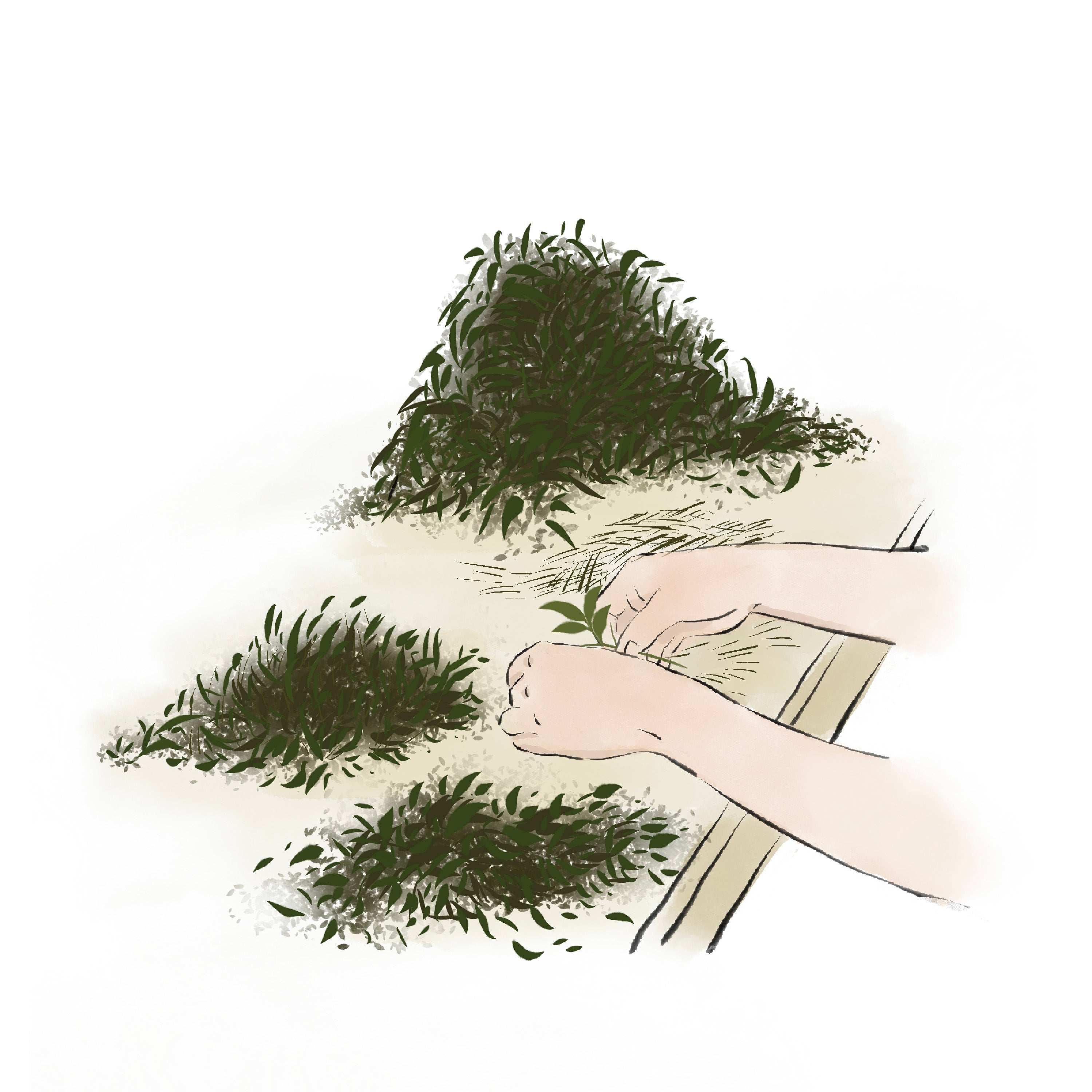
Sorting
The tea leaves are sorted manually or mechanically.
Very fragrant tea, slightly sweeter and more delicate than a Dianhong, it's now one of my favorite red teas.
Glad you liked it, as everyone is so focused on Wuyishan and Yunnan black tea, we really believe this is one of those hidden gems.
Love, love, love this tea. Fragrant and a lot of different tones in taste. Higly recommended.
This was an excellent buy a great black tea with a diverse pallets of tones. mellow and rich, offering a sweet and lasting aftertaste. maintaining its flavor through several brewings. This one will be a standard tea in my collection at home :-)
Excellent hong cha! One of the best teas you can find on this web! Totally recommended!
Brewing: 4g/80ml, 80°C, 5s x 6, +5s.
Warmed-up dry leaves smell like flowers and chocolate. When wet, spices and exotic wood come out to play.
The liquor is a wonderful balance of delicate cherry fruitiness, wood and cocoa. High notes remind me of cinnamon. There's depth in that woodiness section and the overall effect is one of refinement and complexity.

Our design work is inspired by the artwork “Along the River During the Qingming Festival” by the Zhang Zeduan in the Song Dynasty. Instead of displaying the daily lives of people in the capital of China (as the original artwork), we display the tea making process of farmers through the same bird’s eye perspective.
When examining our packaging design in detail, tea enthusiasts will observe the tea making process, featuring tea farmers picking, drying, rolling, and frying tea leaves. The tea is then tasted in a pavilion and transported by horses along the ‘ancient tea road’.
Together, the traditional Chinese landscape and tea making theme, symbolise heritage, tradition, and respect for hard work of tea farmers.











